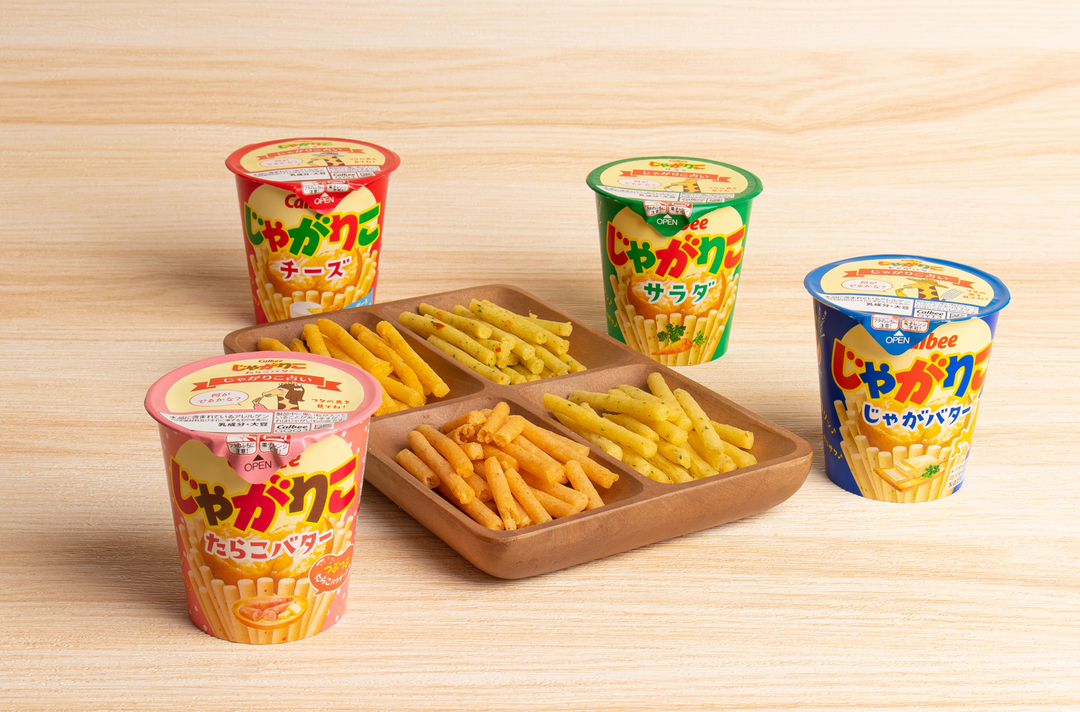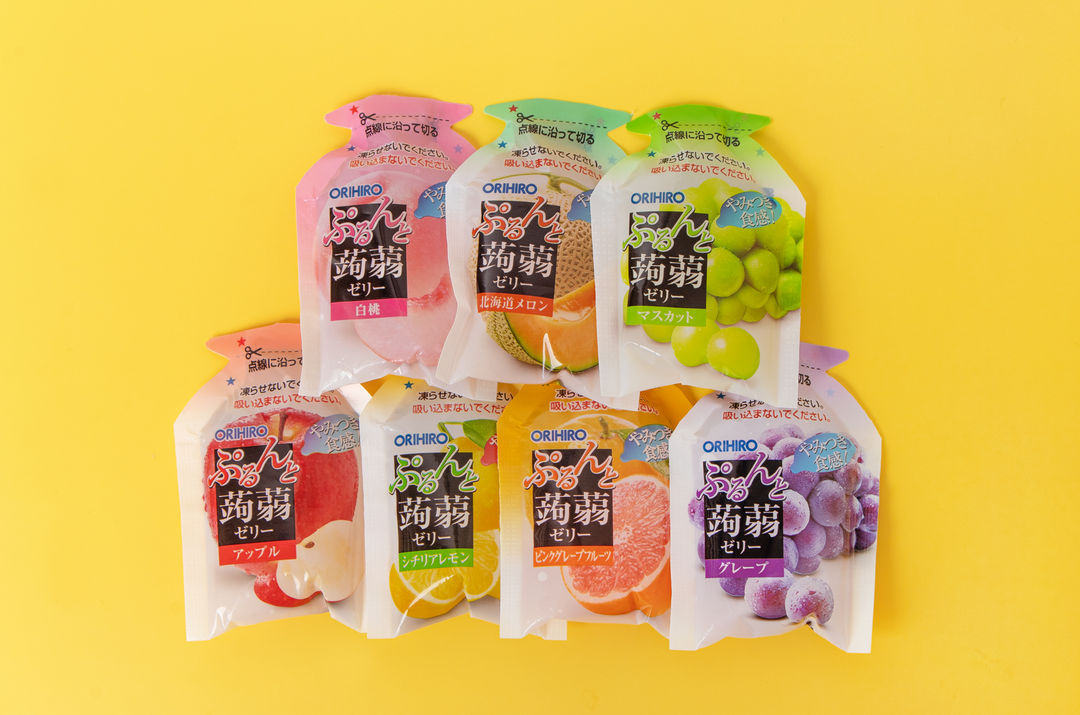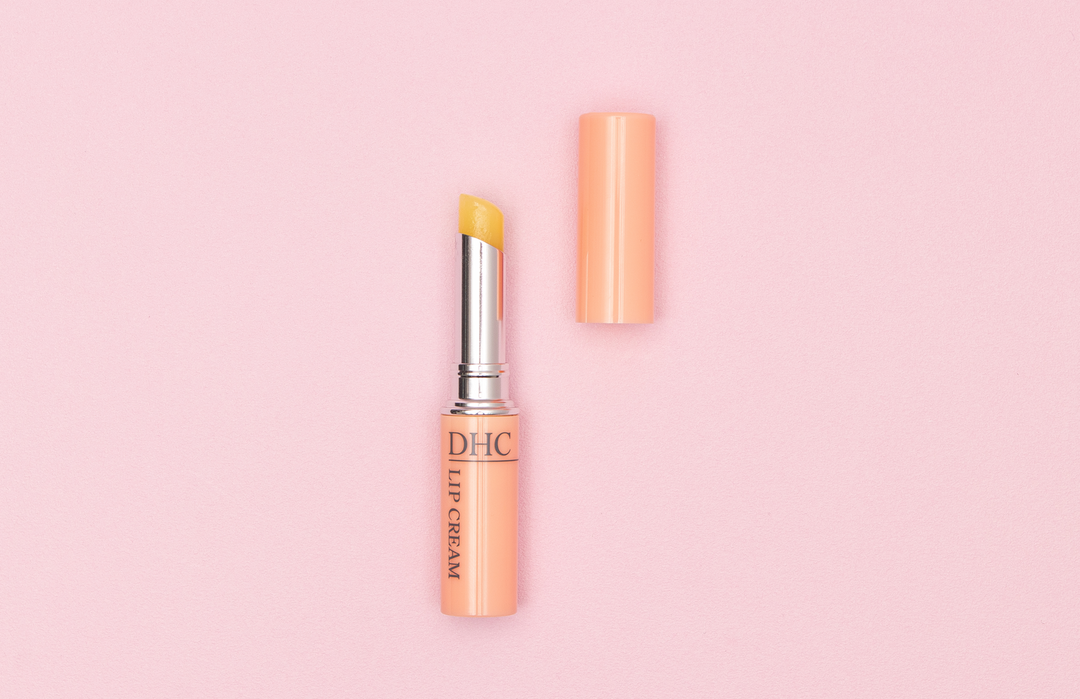Inochinohaha A White 180 tablets (about 15 days' supply)
[Product Information]
Symptoms that come from difficulty in hormonal balance before menstruation, during menstruation, etc.
It is a drug that improves symptoms caused by imbalances in female hormones or autonomic nerves due to menstruation, pregnancy, childbirth, etc.
11 kinds of herbal medicines warm the body that promotes blood circulation, thereby improving menstrual pain (menstrual cramps), headaches, low back pain, and mental and physical conditions such as agitation, irregular menstruation, and poor circulation.
[Efficacy/Effect]
Menstrual pain, irregular menstruation, hysteria, back pain, headache, anemia, poor circulation, gynecopathy, stiff shoulder, dizziness, palpitations
Note 1) “Gynecopathy” refers to psycho-neurologic symptoms and physical symptoms such as mental anxiety and agitation that occur following changes in female hormones such as menstruation, pregnancy, childbirth, postpartum, and menopause.
Note 2) "Kosike" is secretions
[Usage and dose]
Take 4 tablets at a time, 3 times a day, with water or water after every meal
<Caution regarding usage and dose>
(1) Strict adherence to the prescribed usage and dosage
(2) Because it is easy to absorb moisture, close the cap of the storage container every time you take it.
Children under the age of 15 should not take.
[Ingredient/Amount]
(Daily amount: out of 12 tablets)
Toddler horse 300mg , Jeondol Kyu horse 200mg , Peony horse 300mg , Bukryo horse 200mg
Sojutsu Matcha 200mg, Takusana Matcha 150mg, Cinnamon Matcha 200mg, Botanpi Matcha 200mg
Rhubarb Matcha 200mg, Tonin Matcha 100mg, Carrot Matcha 50mg
As additives, it contains Al silicate, talc, Ca carbonate, titanium dioxide, gelatin, gum arabic, sucrose, beeswax, and Karl Navarro.
[Ingredient Description: 11 kinds of herbal medicines grown by the earth were split and powdered into pills]
Toki (Angel)
It has been used as a core medicine for gynecological diseases since ancient times.
Jeondol Kyu (Heaven Palace)
Mainly from Japan, the rhizome of Kyuu, a genus of the Hanmi family.
peony (peony)
The root of the peony which is a perennial plant of the Burton family. It is widely used as an ointment.
Bukryo (Bokryung)
Horseshoe Mushroom and Matsuhodo. It is used in many prescriptions in the essential system of Chinese medicine.
Sojutsu (Creation)
The rhizome of Hosoba okera, a perennial plant of the Asteraceae that is distributed in mainland China. Contains essential oil and has a unique smell.
Taku Sana (Butterfly)
Tubers of Sagiomodaka of the Taxaceae family from eastern Asia
cinnamon cinnamon
It is mainly grown in southern China, Vietnam, Thailand, etc., and is a bark of the camphor family cassia
Button Bee (Peony Peel)
Button and deciduous shrub button root bark. Native to northwestern China.
Rhubarb (Rhubarb)
Drying the underground stems of the rhubarb family rhubarb from China and Japan
Tonin (Doin)
Peach seeds of the Rosaceae family, mainly grown in Shandong, Shaanxi, and Hebei, China.
Carrot (ginseng)
Originating in China and Korea, the medicinal effect of saponin glycosides, a perennial plant of the Araliaceae family and the root and component of ginseng, has recently been re-recognized in countries around the world and scientifically supported.
[Precautions for use]
<Prohibited Matters>
(If this is not followed, the current symptoms may worsen or side effects may occur.)
Those who are breastfeeding should not take this drug, or if taking this drug, avoid breastfeeding.
<Consultation>
1. The following people should consult a doctor, pharmacist or registered seller before taking
(1) Persons receiving medical treatment
(2) A pregnant woman or a person considered to be pregnant
(3) Persons who have had allergic symptoms due to drugs, etc.
(4) A person with a weak body
(5) People who are prone to diarrhea with weak stomach
2. If the following symptoms appear after taking it, there is a possibility of side effects, so stop taking it immediately and consult a doctor, pharmacist or registered seller with the attached document of the product
Related parts/symptoms
Skin / rash / redness, itching
Gastrointestinal/gastric discomfort, loss of appetite, nausea, vomiting, diarrhea with severe abdominal pain, abdominal pain
3. After taking, the following symptoms may appear, so if any of these symptoms persist or increase, stop taking the drug and consult a doctor, pharmacist or registered seller with the attached document of the product: Constipation, diarrhea
4. If symptoms do not improve even after taking it for a while, stop taking it and consult a doctor, pharmacist or registered seller with the product's attached document (84 tablets is the product package).
5. After taking, menstruation may come sooner than expected or the amount of menstrual blood may increase slightly. If bleeding persists for a long time, consult a doctor, pharmacist or registered seller with the attached document of the product.
<Caution on storage and handling>
(1) Keep the lid tightly closed in a cool, dry place without direct sunlight.
(2) Keep out of reach of children
(3) Not replaced with another container (which may cause misuse or change in quality)
(4) Do not handle this product with wet hands.
(5) Do not take desiccant.
![[KOBAYASHI] 이노치노하하 화이트 180정 - 모코몬 일본직구](http://mkmon.com/cdn/shop/files/KOBAYASHI_-_-_-180_-KOBAYASHI-53671794.jpg?v=1703311713&width=1080)
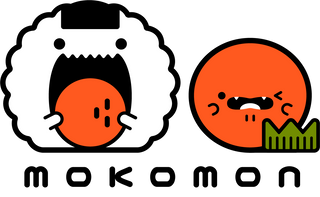
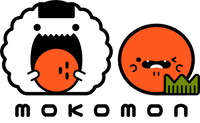

![[KOBAYASHI] 이노치노하하 화이트 180정 - 모코몬 일본직구](http://mkmon.com/cdn/shop/files/KOBAYASHI_-_-_-180_-KOBAYASHI-53671794.jpg?v=1703311713&width=900)
![리뉴얼 [SSP] 아네론[니스캡] 10캡슐 - 모코몬 일본직구](http://mkmon.com/cdn/shop/files/SSP_-_-10_-SSP-31937478.jpg?v=1703311969&width=900)
![리뉴얼 [SSP] 아네론[니스캡] 10캡슐 - 모코몬 일본직구](http://mkmon.com/cdn/shop/files/SSP_-_-10_-SSP-31937571.jpg?v=1703311972&width=1000)
![[KOKANDO] 뷰락쿠 100정 - 모코몬 일본직구](http://mkmon.com/cdn/shop/files/KOKANDO_-_-100_-KOKANDO-53672452.jpg?v=1703311735&width=900)
![[KOBAYASHI] 이노치노하하A 840정 - 모코몬 일본직구](http://mkmon.com/cdn/shop/files/KOBAYASHI_-_A-840_-KOBAYASHI-38860353.jpg?v=1703300762&width=900)
![[KOBAYASHI] 이노치노하하A 84정 - 모코몬 일본직구](http://mkmon.com/cdn/shop/files/KOBAYASHI_-_A-84_-KOBAYASHI-54368040.jpg?v=1703312912&width=900)
